Quiz 2 the greek civilization – Embark on a captivating journey with Quiz 2: The Greek Civilization, where history, culture, and innovation intertwine. From the dawn of Minoan and Mycenaean civilizations to the twilight of the Hellenistic era, we delve into the extraordinary legacy of ancient Greece, exploring its political structures, social hierarchies, and the profound impact of its religion, art, and philosophy.
Historical Timeline of Greek Civilization
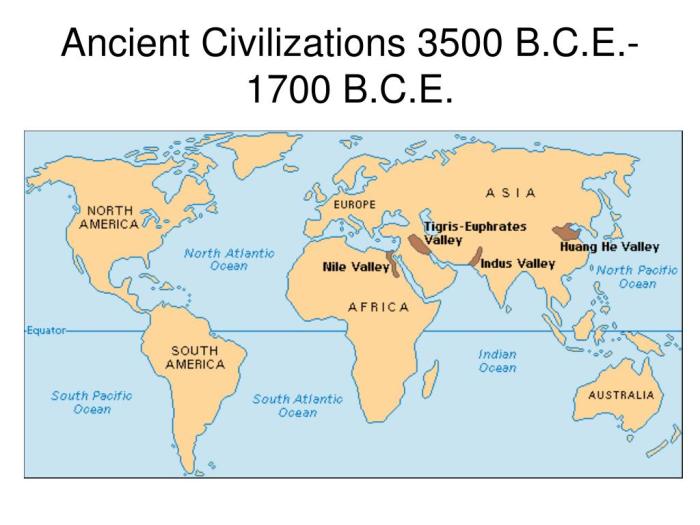
The history of ancient Greece, spanning several millennia, can be broadly divided into distinct periods marked by significant cultural, political, and societal developments. Each era left an indelible imprint on the development of Western civilization.
Minoan and Mycenaean Civilizations
The Minoan civilization flourished on the island of Crete from around 2700 to 1450 BCE, renowned for its advanced maritime trade, intricate palaces, and vibrant art. The Mycenaean civilization emerged on the mainland of Greece around 1600 BCE, adopting and adapting many aspects of Minoan culture, including their writing system.
Greek Dark Ages
Following the collapse of the Mycenaean civilization around 1200 BCE, Greece entered a period known as the Dark Ages, characterized by population decline, cultural disruption, and the loss of literacy. This era lasted until around 800 BCE.
Archaic Period
The Archaic period (800-500 BCE) witnessed a resurgence of Greek civilization. City-states (poleis) emerged, each with its own distinct government and culture. The development of the Greek alphabet and the rise of trade and colonization marked this era.
Classical Period
The Classical period (500-323 BCE) is considered the golden age of Greek civilization. Athens, under the leadership of Pericles, became a center of art, philosophy, and democracy. The Persian Wars and the Peloponnesian War shaped the political landscape of Greece.
The complexity of the Greek civilization, as we learned in quiz 2, is akin to the intricate process of protein synthesis. Just as DNA provides the blueprint for proteins, the legacy of Greece has laid the groundwork for much of our modern world.
To delve deeper into this genetic analogy, check out the from DNA to protein worksheet , which illustrates the fascinating journey from DNA to the proteins that shape our existence. Returning to our exploration of the Greek civilization, we can appreciate how its influence continues to shape our understanding of history, culture, and even science.
Hellenistic Period
The Hellenistic period (323-146 BCE) began with the conquests of Alexander the Great, who spread Greek culture throughout his vast empire. The Hellenistic era was characterized by the rise of new kingdoms, the development of science and mathematics, and the influence of Greek culture on the wider Mediterranean world.
Factors Influencing Greek Civilization
The development and decline of Greek civilization were influenced by various factors, including:
- Geography: Greece’s mountainous terrain and numerous islands shaped its political and cultural development, fostering the growth of independent city-states.
- Trade and Colonization: Maritime trade played a vital role in the growth and prosperity of Greek civilization, leading to the establishment of colonies throughout the Mediterranean and Black Sea regions.
- Religion and Mythology: Greek religion and mythology had a profound impact on Greek art, literature, and philosophy.
- Warfare and Conflict: The frequent wars and conflicts between Greek city-states contributed to the development of military strategies and political alliances.
- Philosophy and Science: Greek philosophers and scientists made significant contributions to the fields of philosophy, mathematics, astronomy, and medicine.
Political and Social Structure of Ancient Greece
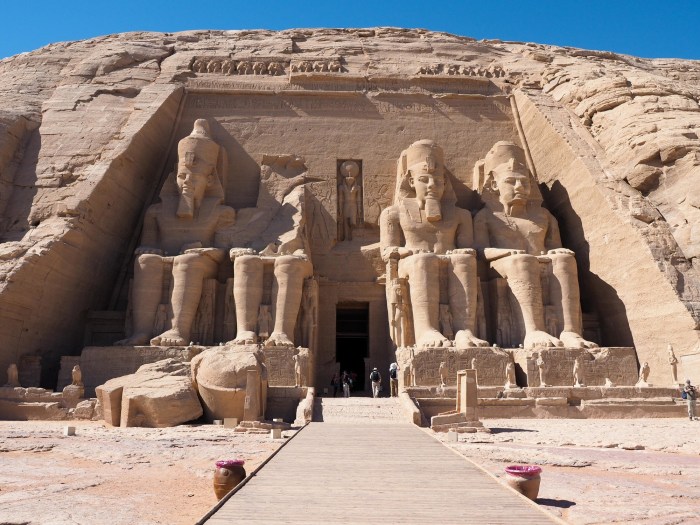
Ancient Greece was a diverse and dynamic region that experienced a variety of political and social structures. These structures were influenced by a complex interplay of factors, including geography, economics, and culture.
Forms of Government
The most common form of government in ancient Greece was the city-state, or polis. Each polis had its own unique constitution and governing bodies. The three main types of government in ancient Greece were:
- Monarchy:Ruled by a single king, who typically inherited his position.
- Aristocracy:Ruled by a small group of wealthy and powerful individuals.
- Democracy:Ruled by the people, who elected representatives to govern on their behalf.
Social Hierarchy
Ancient Greek society was highly stratified. The social hierarchy was based on factors such as birth, wealth, and occupation. The upper classes consisted of citizens, who enjoyed full political rights. Below the citizens were the metics, or resident foreigners, who had limited rights.
At the bottom of the social ladder were slaves, who had no rights at all.
Impact of Geography
The geography of Greece played a significant role in shaping its political and social development. The mountainous terrain made it difficult for the Greeks to establish a centralized state. Instead, they developed a decentralized system of city-states, each with its own independent government and laws.
The Aegean Sea also had a profound impact on Greek society. The sea provided a vital trade route, connecting the Greeks with other cultures and civilizations. This interaction led to the development of a rich and diverse culture, as well as a strong sense of maritime identity.
Greek Religion and Mythology
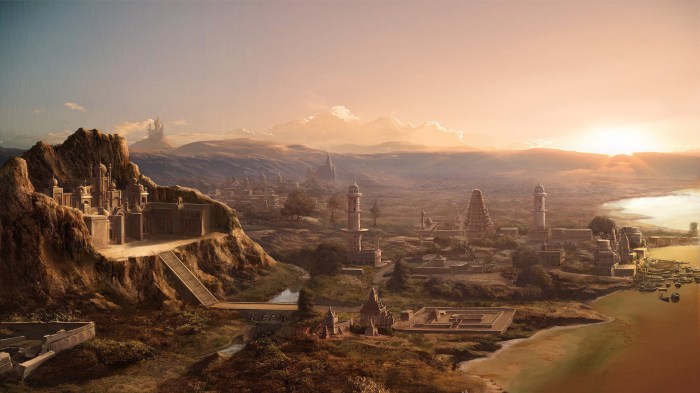
Religion played a central role in Greek society, permeating every aspect of life from birth to death. The Greeks believed in a pantheon of gods and goddesses who controlled the forces of nature and human affairs.
The Greek Pantheon
The Greek pantheon was a vast and complex hierarchy of deities. The twelve most important gods, known as the Olympians, resided on Mount Olympus. They included Zeus, the king of the gods; Hera, his wife and queen of the gods; Poseidon, god of the sea; Athena, goddess of wisdom and war; Apollo, god of music, poetry, and prophecy; Artemis, goddess of the hunt and childbirth; Ares, god of war; Aphrodite, goddess of love and beauty; Hephaestus, god of fire and metalworking; Hermes, messenger of the gods; Hestia, goddess of the hearth and home; and Dionysus, god of wine and revelry.
Religion in Greek Society, Quiz 2 the greek civilization
Religion was deeply intertwined with all aspects of Greek life. Religious festivals and rituals were held throughout the year to honor the gods and ensure their favor. These festivals included sacrifices, processions, and athletic competitions. The Greeks also consulted oracles, such as the Oracle of Delphi, for guidance and prophecy.
Influence of Greek Mythology
Greek mythology has had a profound influence on Western culture. The stories of the gods and goddesses, their exploits and adventures, have been retold and reimagined for centuries. Greek mythology has inspired countless works of literature, art, and philosophy, and continues to shape our understanding of the human condition.
Greek Art and Architecture
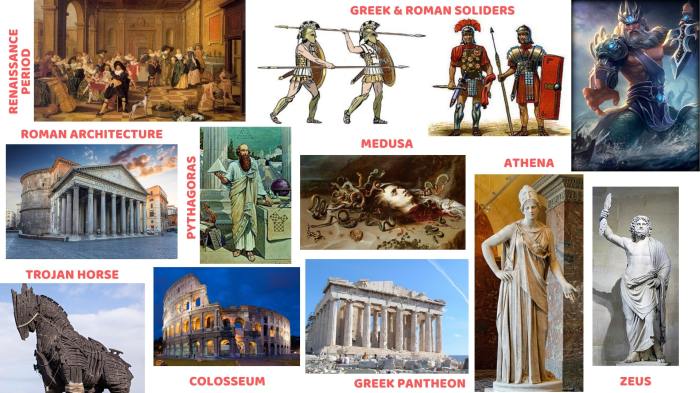
Greek art and architecture are renowned for their beauty, harmony, and enduring influence on Western civilization. The distinctive features of Greek architecture, the development of Greek sculpture, and the profound impact of Greek art on the world will be explored in this section.
Greek Architecture
Greek architecture is characterized by its use of columns, pediments, and temples. The three main orders of Greek architecture are the Doric, Ionic, and Corinthian. The Doric order is the simplest and most robust, with fluted columns and a plain entablature.
The Ionic order is more slender and elegant, with fluted columns and a decorated entablature. The Corinthian order is the most ornate, with fluted columns and an entablature decorated with acanthus leaves.
Greek Sculpture
Greek sculpture evolved over time, from the stiff and formal Archaic period to the more naturalistic and expressive Hellenistic period. Archaic Greek sculptures were often made of bronze or marble and depicted gods, goddesses, and heroes in a stylized manner.
Hellenistic Greek sculptures were more realistic and often depicted everyday people and scenes. Some of the most famous Greek sculptures include the Venus de Milo, the Discobolus, and the Laocoön and His Sons.
Influence of Greek Art
Greek art has had a profound influence on Western civilization. The Greeks developed many of the artistic techniques and conventions that are still used today. Greek architecture has been imitated by architects all over the world, and Greek sculptures have been admired and copied for centuries.
The beauty and harmony of Greek art continue to inspire artists and architects today.
Greek Philosophy and Science: Quiz 2 The Greek Civilization
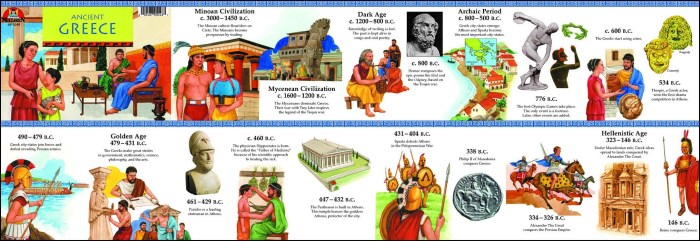
Greek philosophy and science flourished during the Classical and Hellenistic periods, making significant contributions to Western thought and the development of modern science. Greek philosophers sought to understand the nature of the universe, the human condition, and the principles of logic and ethics.
Socratic, Platonic, and Aristotelian Traditions
Socrates (470-399 BCE) is considered the father of Western philosophy. He emphasized the importance of critical thinking, questioning, and the search for truth. His student, Plato (428-348 BCE), founded the Academy in Athens, where he developed his theory of Forms, which posits that the physical world is a mere reflection of a higher, eternal realm of perfect ideas.
Aristotle (384-322 BCE), Plato’s student, established the Lyceum in Athens. He made significant contributions to logic, metaphysics, ethics, and natural science. Aristotle’s writings became the foundation of much of Western thought and science for centuries to come.
Contributions to Logic, Ethics, and Metaphysics
Greek philosophers made important contributions to the development of logic, ethics, and metaphysics. They developed formal systems of reasoning, such as syllogism, and established principles of ethical conduct. They also explored metaphysical questions about the nature of reality, existence, and the universe.
Development of Greek Science
Greek science also flourished during this period. Pythagoras (c. 570-495 BCE) made significant contributions to mathematics, including the Pythagorean theorem. Euclid (c. 300 BCE) developed geometry, while Archimedes (c.
287-212 BCE) made advances in physics, including the principle of buoyancy.
Greek scientists used observation, experimentation, and mathematical reasoning to develop their theories. Their work laid the foundation for modern science and influenced the development of scientific thought in Europe and beyond.
Greek Literature and Drama
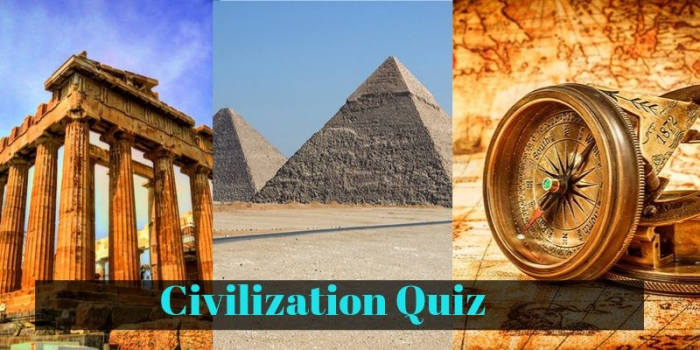
Greek literature and drama flourished during the Classical period of Greece, leaving an enduring legacy that continues to influence Western culture. This period witnessed the emergence of various literary genres, including epic poetry, lyric poetry, and drama, which showcased the creativity and intellectual prowess of the ancient Greeks.
Epic Poetry
Epic poetry was a popular genre that narrated heroic tales and mythological events. Homer’s Iliadand Odyssey, composed in the 8th century BCE, are considered masterpieces of epic poetry. These works depict the Trojan War and the subsequent adventures of Odysseus, respectively.
Homer’s vivid descriptions, intricate characters, and captivating storytelling techniques have had a profound impact on Western literature.
Lyric Poetry
Lyric poetry, on the other hand, expressed personal emotions, experiences, and reflections. Poets like Sappho and Pindar wrote lyrical verses that celebrated love, nature, and the human condition. Lyric poetry allowed for a more intimate and introspective exploration of themes, showcasing the Greeks’ ability to articulate complex emotions and ideas.
Drama
Greek drama emerged as a unique and influential art form. Theater festivals were held in honor of the god Dionysus, and plays were performed in open-air amphitheaters. Greek drama can be broadly classified into two genres: tragedy and comedy.
Tragedy
Greek tragedy explored themes of fate, destiny, and human suffering. Playwrights like Sophocles and Euripides crafted powerful and moving tragedies that depicted the struggles of flawed characters against the forces of fate. Sophocles’ Oedipus Rex, for instance, remains a timeless masterpiece that delves into the complexities of human destiny and the search for truth.
Comedy
Greek comedy, while less well-known than tragedy, provided a humorous and satirical take on society. Playwrights like Aristophanes used comedy to criticize political figures, social norms, and human foibles. Their plays employed slapstick humor, witty dialogue, and exaggerated characters to evoke laughter and provoke thought.
Greek literature and drama made significant contributions to Western civilization. The epic poems of Homer, the lyrical verses of Sappho, and the plays of Sophocles and Euripides have inspired and influenced countless writers, artists, and thinkers throughout history. Their enduring legacy is a testament to the creativity, imagination, and intellectual prowess of the ancient Greeks.
FAQ Overview
What were the major periods of Greek history?
Minoan, Mycenaean, Archaic, Classical, Hellenistic
What were the different forms of government in ancient Greece?
Monarchy, aristocracy, democracy, tyranny
Who were the major gods and goddesses of the Greek pantheon?
Zeus, Hera, Athena, Apollo, Artemis, Poseidon, Hades, Aphrodite
